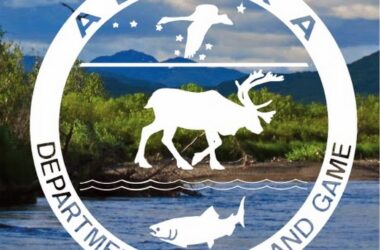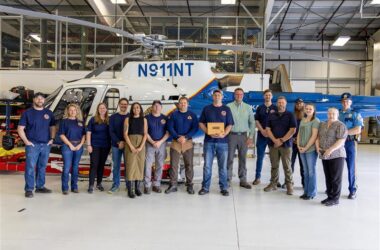At a hearing of the Senate Committee on Commerce, Science, and Transportation (CST), several Arctic policy experts testified this week in support of increasing infrastructure investments in Alaska, which constitutes the entirety of America’s Arctic. While the hearing was focused on Greenland’s geostrategic importance to the United States, Sen. Dan Sullivan (R-Alaska), a member of CST, argued that Alaska offers every potential resource and national security benefit of Greenland, but has too often been treated like one big “national park” by Democratic administrations, most recently by the Biden administration.
Sen. Sullivan made this argument in a recent Wall Street Journal op-ed titled, “Greenland is nice, but Alaska is better.”
“[Greenland is] good to go if we can get it, but remember our Arctic state, Alaska, because everything that people talk about with regard to Greenland, that we have in spades already in America. It’s called Alaska’s Arctic location. Strategic and critical minerals, Oil and gas’s cornerstone of America’s missile defense. It’s all there,” said Sullivan.
In his questioning of the experts, Sen. Sullivan highlighted the significant escalation in incursions by Russian and Chinese military aircraft and vessels in Alaska’s Air Defense Identification Zone (ADIZ) and Exclusive Economic Zone (EEZ). Each of the witnesses agreed with Sen. Sullivan that the increasing aggression toward Alaska by America’s adversaries warrants deploying new military assets to the state, including personnel, vessels, aircraft, ports, and bases.
Sen. Sullivan was optimistic about the prospect of further investments in Alaska, given President Donald Trump’s focus on the state. This included a comprehensive day-one executive order, “Unleashing Alaska’s Extraordinary Resource Potential,” which directed many of the Biden administration’s harmful policies and actions related to Alaska lands and resources to be rescinded and many policies of the first Trump administration to be reinstated.
Officials testifying before the committee were Alexander Gray, senior fellow in national security affairs at the American Foreign Policy Council; Anthony Marchese, chairman of Texas Mineral Resources; Dr. Jennifer Mercer, section head for Arctic sciences at the National Science Foundation’s Office of Polar Programs; and Dr. Rebecca Pincus, director of the Wilson Center’s Polar Institute.
Click here to watch the hearing.






